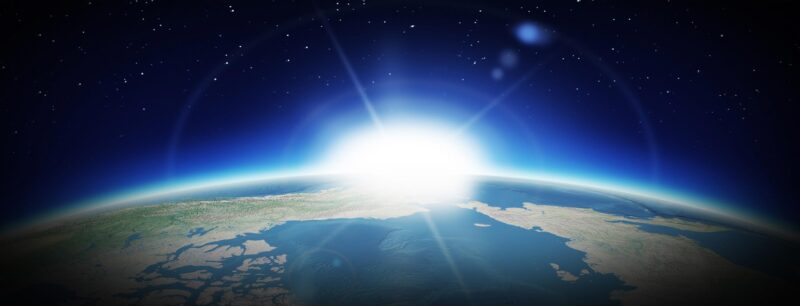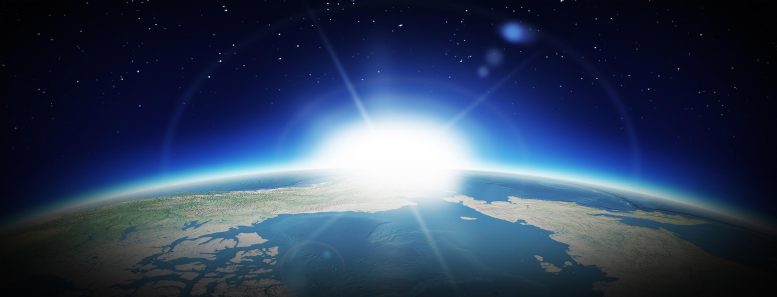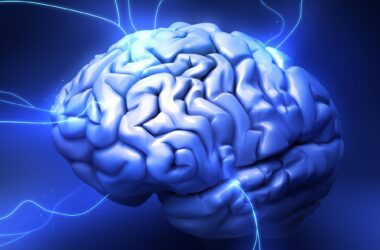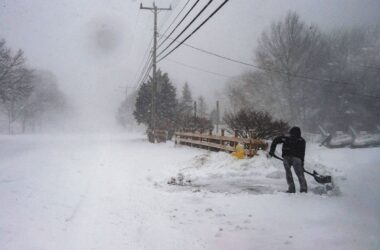Par
Un éminent écologiste de l’Université de St Andrews appelle à une action coordonnée pour étudier les impacts environnementaux de l’émergence de l’humanité de la pandémie de Covid-19.
Au début de l’année 2020, le verrouillage de Covid-19 a provoqué une “anthropause” – une réduction mondiale drastique de la mobilité humaine. Deux ans plus tard, alors que les restrictions sont progressivement levées, un regain d’activité de voyage au-delà des niveaux pré-pandémiques – ou “anthropulse” – semble imminent.
Dans un article publié dans la revue Nature Reviews Earth and Environment (mardi 15 mars 2022), le professeur Christian Rutz, de l’école de biologie de l’université de St Andrews, explique comment, dans les circonstances les plus tragiques, la pandémie de Covid-19 a offert des opportunités d’étudier l’impact de l’humanité sur le monde naturel. Il affirme que la mesure des effets des pauses et des pulsations de la mobilité humaine sur les animaux sauvages et leurs environnements nous aidera à planifier un avenir plus durable.
L’équipe de Rutz avait déjà inventé le terme “anthropause” pour décrire la période de calme planétaire inhabituelle provoquée par les premiers verrouillages de la Covid-19. Ce terme est rapidement entré dans le langage courant et a inspiré de nombreux projets de recherche visant à déterminer comment la nature réagissait lorsque près de la moitié de la population humaine mondiale se réfugiait chez elle.
L’un de ces projets est le COVID-19 Bio-Logging Initiative. This international research consortium, which Rutz helped launch in May 2020, investigates wildlife movements before, during and after Covid-19 lockdowns, using data collected with tiny animal-attached electronic devices called ‘bio-loggers’. The team has amassed more than one billion GPS location records for some 13,000 tagged animals from all around the world – including birds, mammals, and a variety of marine species.
Now, as the world slowly emerges from this devastating pandemic, we may witness a temporary reversal of earlier lockdown effects. People are keen to make up for time lost over the last two years, and are planning to see friends and family, enjoy an overdue holiday, and catch up with work commitments. “This could cause a global spike in human mobility,” explains Rutz, who has given this phenomenon a fitting name – ‘anthropulse’.
A post-pandemic anthropulse would likely have significant environmental impacts, which Rutz and other scientists are preparing to document.
Professor Richard Primack, a conservation biologist from Boston University, USA, comments: “The pandemic caused endless suffering but, as scientists, we simply cannot afford to miss the opportunity to assess the environmental consequences of these pauses and pulses in human mobility.”
Dr. Marlee Tucker, a movement ecologist at Radboud University in the Netherlands, who collaborates with Rutz on several animal-tracking projects, agrees: “There are very important lessons we can learn for conservation biology and environmental planning. We are doing this work to search for innovative ways of mitigating adverse environmental impacts.”
The scientists are keen to understand better how different aspects of human activity affect the natural world, including the movements of people, various types of motorized traffic, and associated pollution levels. Ultimately, they hope, this period of crisis may allow humanity to identify a clear path towards building a sustainable future.
Reference: “Studying pauses and pulses in human mobility and their environmental impacts” 15 March 2022, Nature Reviews Earth & Environment.
DOI: 10.1038/s43017-022-00276-x




